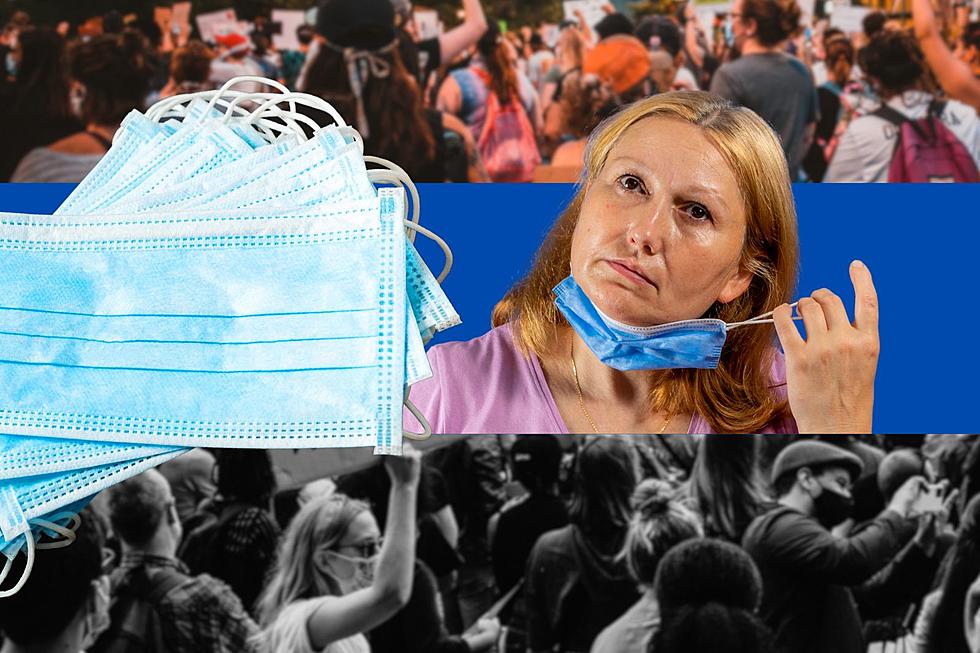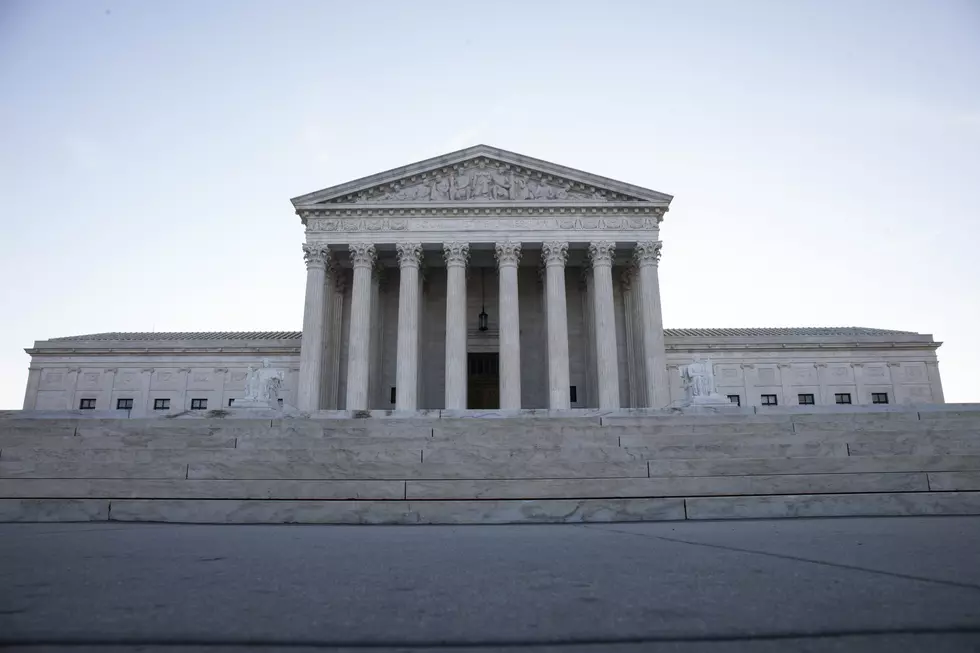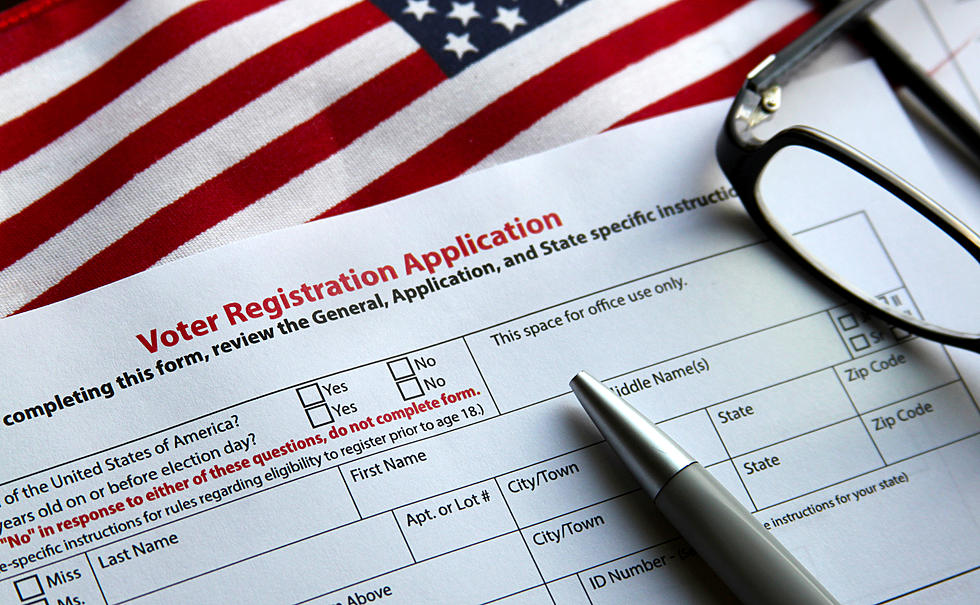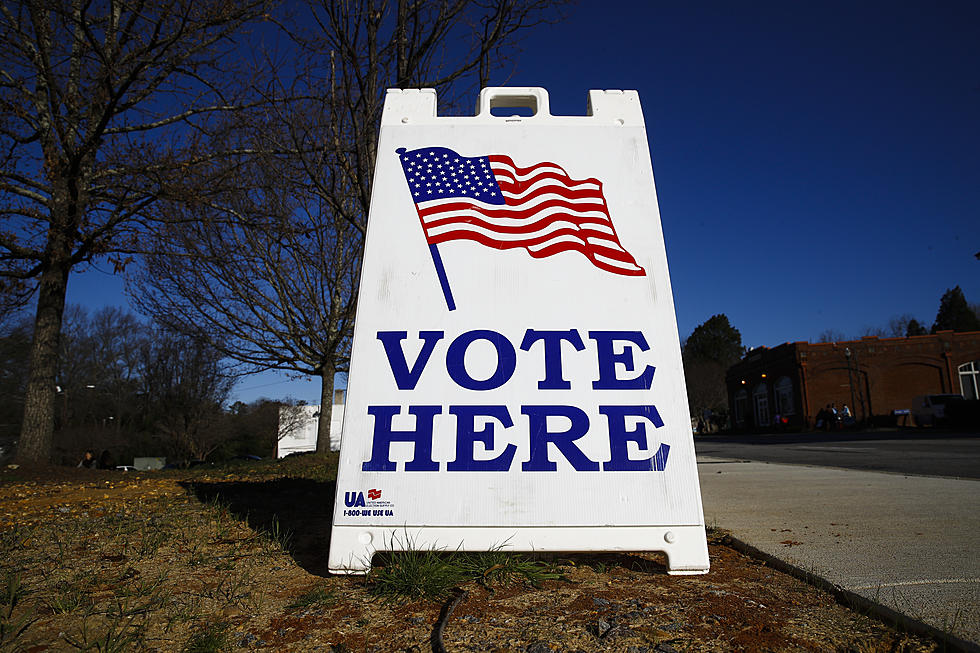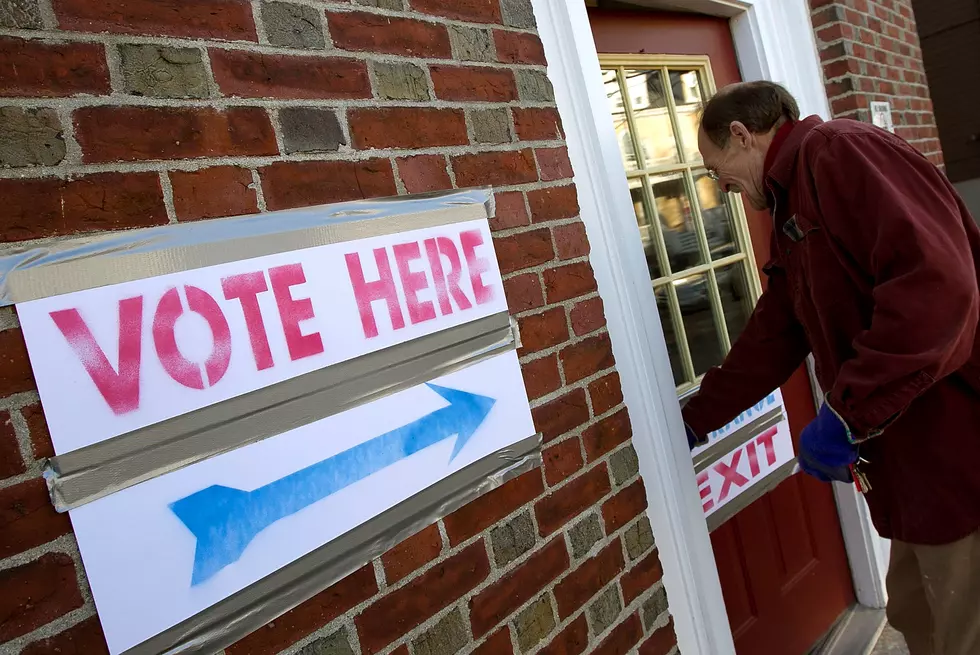
Should Voters Have to Prove Citizenship to Register?
The Supreme Court argued Monday over whether states fighting voter fraud and illegal immigration can make people document their U.S. citizenship before allowing them to use a federal voter registration system that was designed to make it easier to vote.
Several justices questioned whether Arizona and other states have the right to force people to document their citizenships when Congress didn't require it in ordering states to accept and use the "Motor Voter" registration card. But other justices said states should be able to police the citizenship of voters since the federal government only asks people to swear on paper that they're U.S. citizens.
"This is proof? This is not proof at all," said Justice Antonin Scalia, who sounded skeptical of the opponents of Arizona's law.
But lawyer Patricia Millett, representing those challenging the law, answered that courts accept sworn statements as proof in procedures "by which we execute people."
Congress decided that a sworn statement with the risk of perjury was sufficient to register to vote in the federal system, she said, and not "a ticket into the state's own registration system" where states can ask for additional information.
The court is deciding the legality of Arizona's requirement that prospective voters document their U.S. citizenship in order to use a registration form produced under a federal voter registration law. The 9th U.S. Circuit Court of Appeals said the 1993 National Voter Registration Act, which doesn't require that documentation, trumped Arizona's Proposition 200 passed in 2004.
Arizona appealed that decision to the Supreme Court.
This case focuses on voter registration in Arizona, which has tangled frequently with the federal government over immigration issues involving the Mexican border. But it has broader implications because four other states — Alabama, Georgia, Kansas and Tennessee — have similar requirements, and 12 other states are contemplating similar legislation, officials say.
The federal "Motor Voter" law, enacted in 1993 to expand voter registration, allows would-be voters to fill out a mail-in voter registration card and swear they are citizens under penalty of perjury, but it doesn't require them to show proof. Under Proposition 200, Arizona officials require an Arizona driver's license issued after 1996, a U.S. birth certificate, a passport or other similar document, or the state will reject the federal registration application form.
This requirement applies only to people who seek to register using the federal mail-in form. Arizona has its own form and an online system to register when renewing a driver's license. The court ruling did not affect proof of citizenship requirements using the state forms.
Justice Samuel Alito asked if Arizona kept two different voter rolls, one for people who used the state system and one for those who use the federal. The answer was no.
That means that some people face one set of requirements to vote, and others a completely different set, he said. This seems to be a "crazy system," Alito said.
But Congress said states are to "accept and use" the federal Motor Voter registration card, Justice Sonia Sotomayor said. "I have a real disconnect in how you say you're accepting and using when you're rejecting" some forms, she said to Arizona Attorney General Thomas C. Horne.
Opponents of Arizona's law see it as an attack on vulnerable voter groups such as minorities, immigrants and the elderly. They say they've counted more than 31,000 potentially legal voters in Arizona who easily could have registered before Proposition 200 but were blocked initially by the law in the 20 months after it passed in 2004. They say about 20 percent of those thwarted were Latino.
But Arizona officials say they should be able to pass laws to stop illegal immigrants and other noncitizens from getting on their voting rolls. The Arizona voting law was part of a package that also denied some government benefits to illegal immigrants and required Arizonans to show identification before voting.
"It is the burden of the states to determine the eligibility of the voters," Horne said.
Arizona asked the federal government to add its citizenship eligibility requirements as a state add-on to the federal form but was turned away. Scalia said they should have sued to overturn that decision. "Why didn't you do that?" said Scalia, who indicated that he would look on that challenge favorably.
The decision not to challenge was his predecessor's, Horne said.
This is the second voting issue the high court is tackling this session. Last month, several justices voiced deep skepticism about whether a section of the Voting Rights Act of 1965, a law that has helped millions of minorities exercise their right to vote, especially in areas of the Deep South, was still needed.
The court will make a decision later this year.
The case is 12-71, Arizona v. Inter Tribal Council of Arizona, Inc.
Copyright 2013 The Associated Press.
More From New Jersey 101.5 FM

